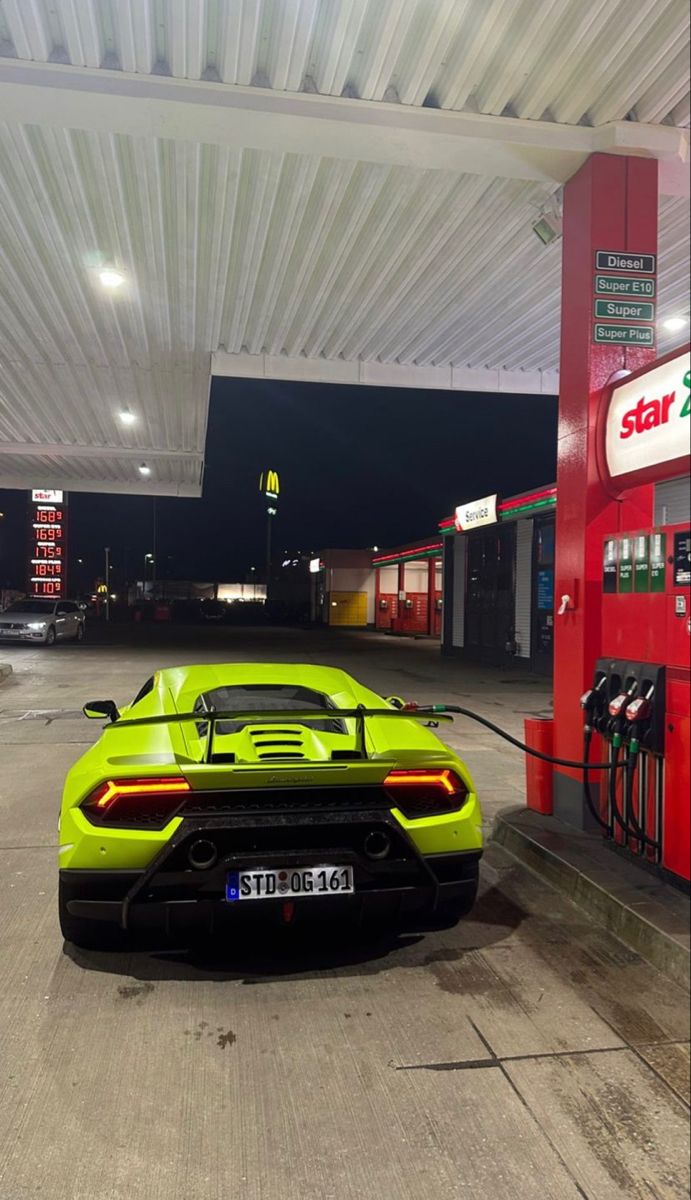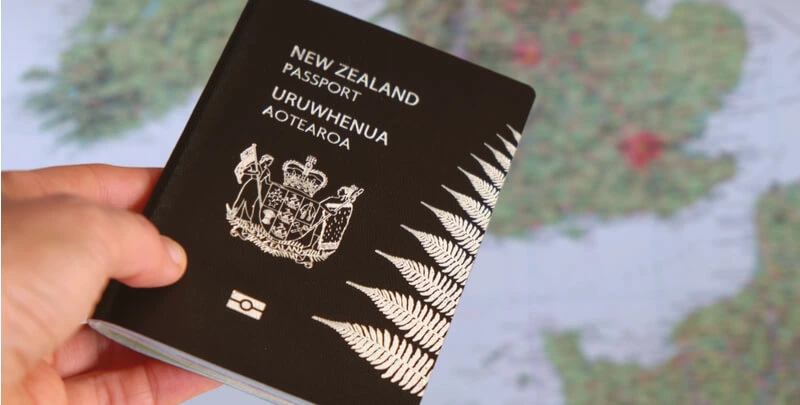Improving your car’s fuel efficiency begins with understanding how it uses fuel. Every car model has a specific fuel economy, usually measured in miles per gallon (MPG) in the U.S. or liters per 100 kilometers in other parts of the world. Start by checking your car’s owner manual or the manufacturer’s website for your vehicle’s average fuel consumption. Then, track your actual fuel usage to see how it compares. Factors such as driving habits, maintenance status, and load can affect this baseline, giving you a starting point for improvement.
Regular Maintenance Checks
Routine maintenance is key to keeping your car running efficiently. A well-maintained vehicle uses fuel more efficiently and emits fewer pollutants. Whether you’re interested in a new Nissan for sale or have an older Toyota, it is important to understand the key areas to focus on.
- Engine Oil: Regular oil changes with the right type of oil can improve your engine’s efficiency. Some modern synthetic oils can reduce engine friction, enhancing fuel economy.
- Air Filters: Replacing clogged air filters can improve air flow to the engine, improving combustion and thereby fuel efficiency.
- Tire Pressure: Keeping tires inflated to the proper pressure reduces road resistance. Under-inflated tires can increase fuel consumption by up to 3%.
- Spark Plugs and Engine Timing: Faulty spark plugs or incorrect engine timing can cause the engine to run rich (too much fuel relative to air) or misfire, wasting fuel.
Optimize Your Driving Habits
The way you drive can significantly impact your car’s fuel efficiency. Implementing a few changes in driving habits can lead to noticeable savings. Remember to accelerate gently. The harder you accelerate, the more fuel you use. Accelerating slowly and smoothly is more economical.
Additionally, maintain steady speeds. Use cruise control on highways to help maintain a consistent speed, which is more efficient than fluctuating speeds. Avoiding excessive idling can also be helpful. Idling gets 0 miles per gallon. Vehicles with larger engines typically waste more fuel at idle than those with smaller engines. Driving in a lower gear than necessary consumes more fuel; use the highest gear possible without straining the engine.
Utilize Technology and Apps
Many modern vehicles come equipped with fuel economy monitors that provide real-time MPG feedback, allowing drivers to adjust their habits on the go. Additionally, several mobile apps can analyze your driving patterns and provide tips to increase fuel efficiency. These apps can also track your fuel purchases and maintenance schedules, helping you manage your vehicle’s overall performance.
Plan Your Trips
Careful planning can reduce the amount of time you spend driving and, by extension, the amount of fuel you use. Consider these strategies:
- Combine Errands: Running all your errands in one trip avoids repeated cold starts; an engine that’s already warm operates more efficiently.
- Avoid Heavy Traffic: Idling in traffic wastes fuel and increases emission. Use traffic apps to find the best times to travel or alternative routes with less congestion.
- Consider Carpooling: Reducing the number of trips you take by carpooling can also reduce your fuel consumption significantly.
Make Your Car as Efficient as Possible
Improving your car’s fuel efficiency not only saves money but also minimizes your environmental impact. By maintaining your vehicle properly, adjusting your driving habits, and making use of technology, you can significantly increase your car’s MPG and reduce your carbon footprint.








